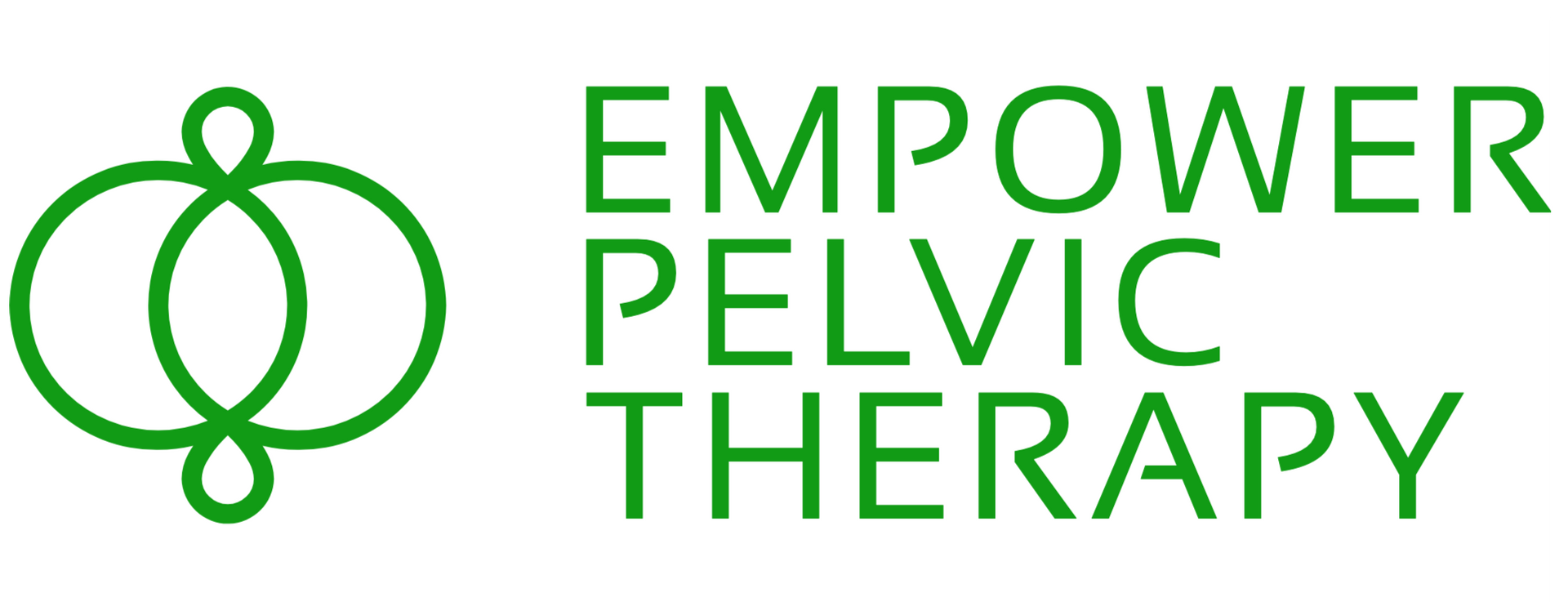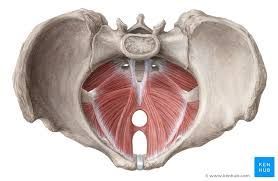Overcoming Postpartum Challenges: A Guide for the Fourth Trimester
Nadine Reid from YoungMom.org gives perspective!

Nadine Reid, founder of YoungMom.org, is a young mom herself. Through YoungMom, she has created a platform to connect with fellow moms and do her best to provide them with the support they need to succeed in motherhood.
The fourth trimester, the period after your baby arrives, is often overlooked but holds significant challenges for new mothers. You might find yourself adjusting to numerous changes, both physically and emotionally, during this time. The issues you face can range from physical recovery to adapting to a new routine with your newborn. In this article, Empower Pelvic Therapy will explore the various challenges of the fourth trimester and provide practical advice for navigating them.
Breastfeeding Challenges
Breastfeeding, though natural, can come with its set of difficulties for many new mothers. Issues like latch problems, sore nipples, and milk supply concerns are common. If you're struggling, don't hesitate to seek support from a lactation consultant. Remember, breastfeeding is a learned skill for both you and your baby, and seeking help is a positive step.
Postpartum Nutrition
Your body needs quality nutrition to recover from childbirth. It's tempting to reach for quick, unhealthy snacks, but focusing on nutritious options can make a big difference in your recovery. Consider meals that are rich in vitamins, minerals, and proteins to aid in your healing process. Also, meal planning can be a helpful tool to ensure you're eating balanced and nutritious meals.
Caffeine and Sleep
You may find yourself craving more caffeine to cope with exhaustion in the fourth trimester. However, excessive caffeine can further disrupt your already limited sleep. Try to limit your caffeine intake, especially in the late afternoon and evening. Herbal teas can be a great alternative to help you relax and promote better sleep.
Hydration
Maintaining hydration is especially critical in the fourth trimester, particularly for those who are breastfeeding. The demands of frequent feedings can increase your risk of dehydration, which in turn can impact both your milk supply and overall well-being. To ensure you're drinking enough water, it's it's a good practice to always have a water bottle within reach, both during feedings and through the day. Additionally, setting regular reminders to drink water can be a helpful way to keep your hydration levels consistent.
Perineal Care
After childbirth, you may experience soreness and tenderness in your perineal area. It's important to follow your healthcare provider's advice on perineal care. Gentle cleansing, using soothing pads, and sitz baths can offer relief. If you notice any unusual symptoms, consult your doctor promptly.
Postpartum Bleeding
Postpartum bleeding is a natural process as your body sheds the lining of the uterus. Be prepared with heavy-duty pads and change them regularly to maintain hygiene. Keep an eye on your bleeding, and if you notice large clots or an increase in bleeding, contact your healthcare provider.
Newborn Feedings and Sleep
Adjusting to your newborn's feeding schedule can significantly disrupt your sleep. Try to sleep when your baby sleeps and ask for help when you need it. Remember, taking care of yourself is not selfish; rest is essential for both your well-being and your ability to care for your baby.
Fitness
Engaging in mild physical activity is advantageous during the healing phase of the fourth trimester. Starting with walking, a low-impact exercise, can enhance both your mood and energy levels in a gentle way. Seeking out areas renowned for their safety and pleasant environments, as indicated by high Walk Scores, can make walking more enjoyable It's crucial, however, to get approval from your healthcare provider before initiating any exercise routine postpartum to ensure it aligns with your recovery progress.
The fourth trimester is a challenging yet rewarding time. It's essential to acknowledge the physical and emotional changes you're going through and take steps to care for yourself. Whether it's seeking help with breastfeeding, focusing on nutrition, or finding time for rest and gentle exercise, self-care is crucial. Share these insights with other new mothers to support each other in this unique phase of motherhood.










